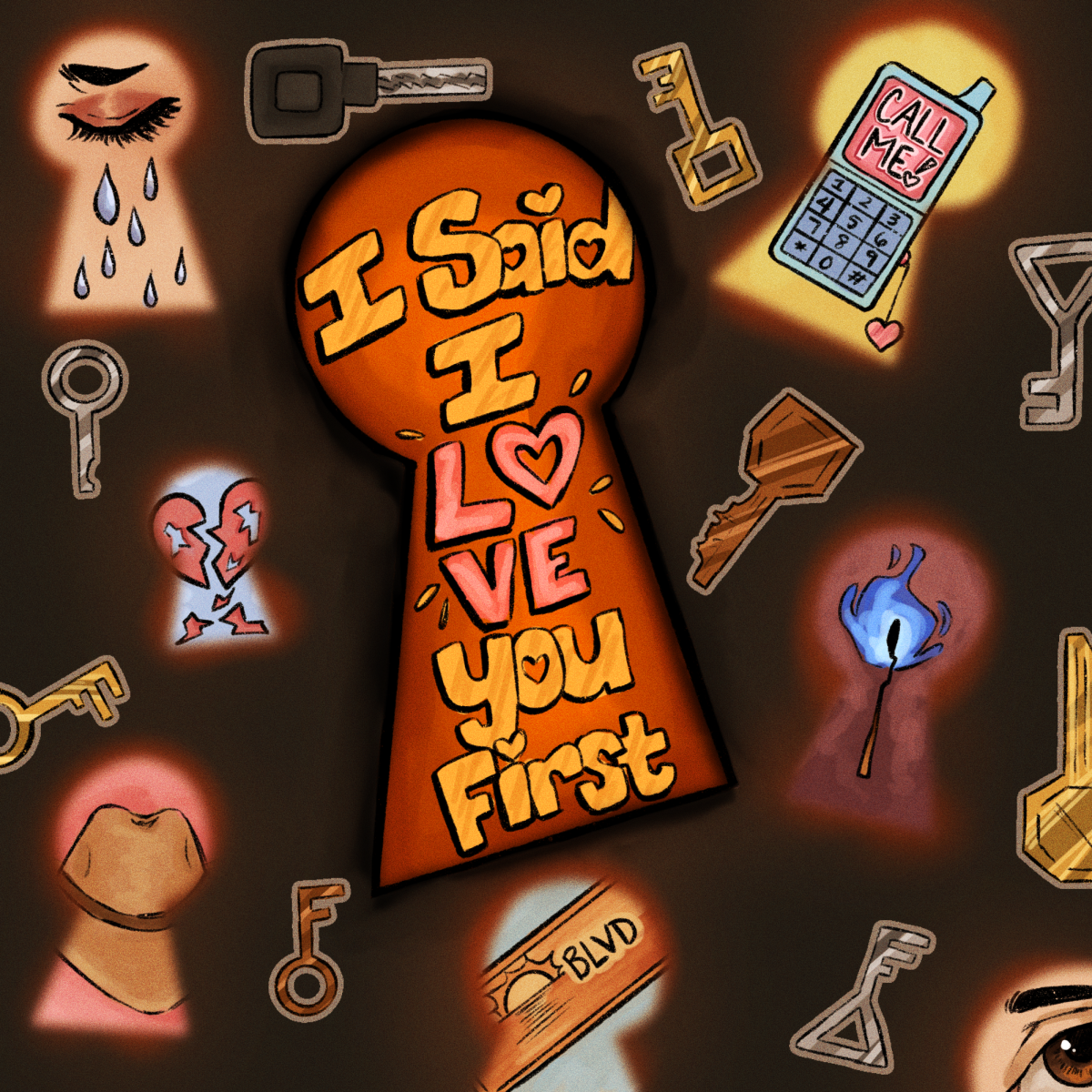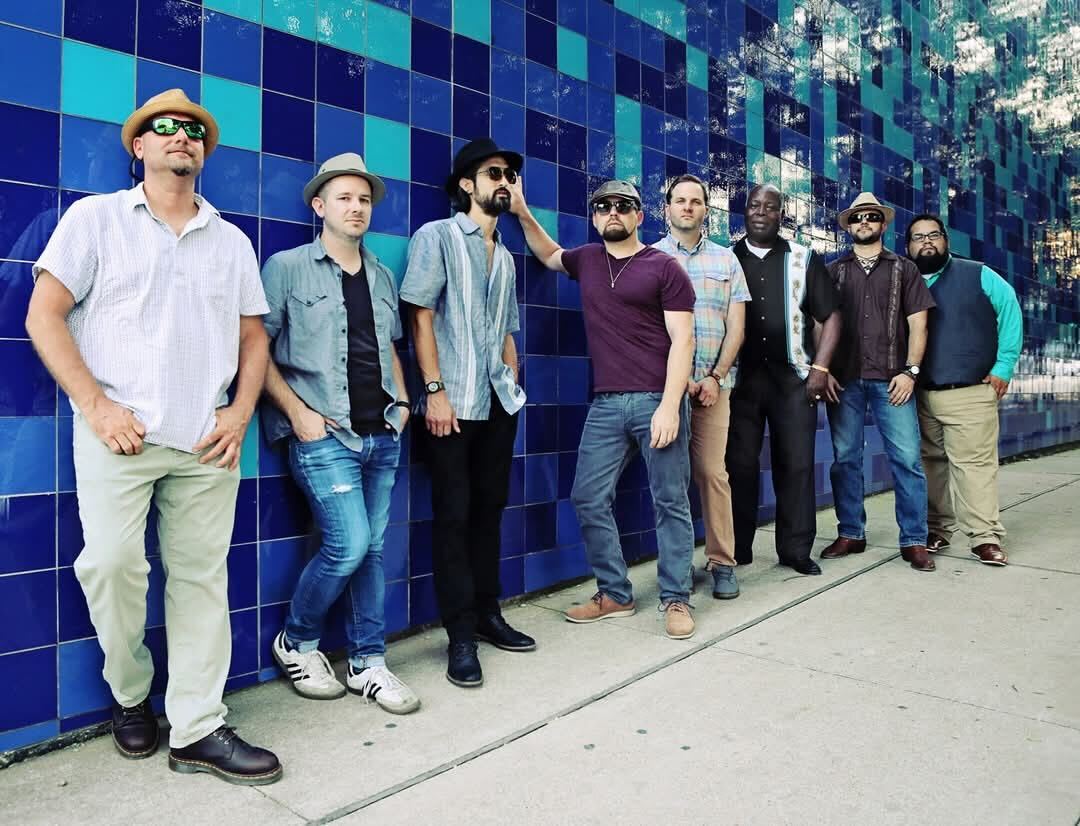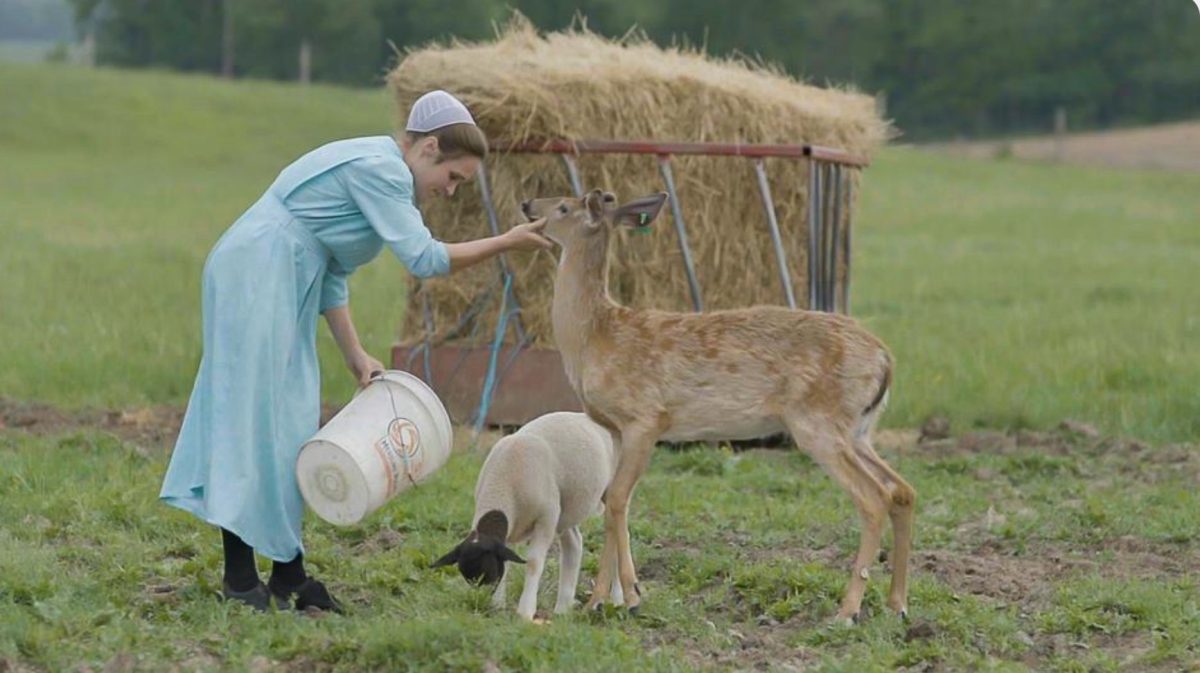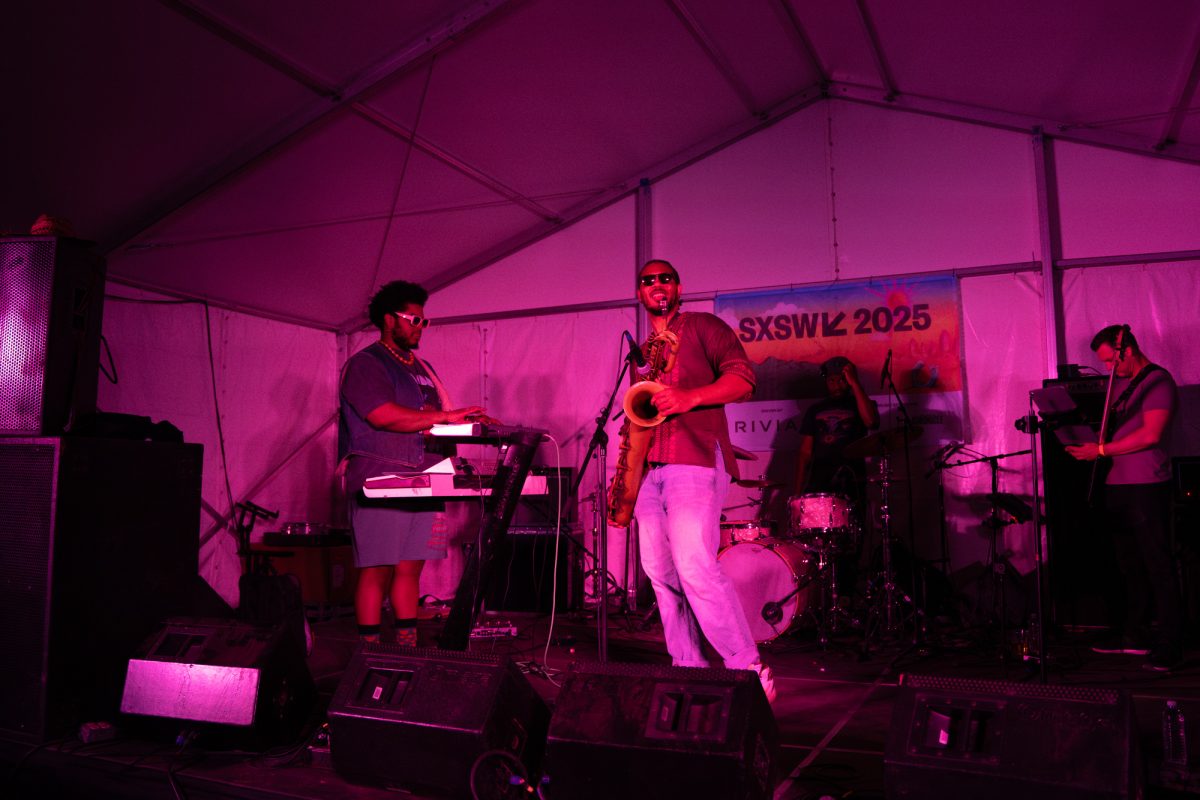For more than two decades, Panteón Rococó has been exposing the social and political realities of Latinos through their music. Now, they are bringing their Mexican-Spanish ska sound, infused with lyrics of oppression and poverty, to SXSW, where they‘ll headline the Auditorium Shores free show on March 16. The Daily Texan spoke with lead singer, Dr. Shenka, about their journey and the impact their music has had from the past to the present.
DT: How would you say that the band has adapted to the changing times?
DS: I think we have had to adapt and learn about all of the new things that have recently surfaced. When our band was born, the industry had different protocols and followed different methods. Now, with the acquisition of the internet as an important part of this technological and digital music revolution, bands that have already been around for some time have had to adapt to these new tendencies. Part of this is what I believe we have learned throughout this journey for 22 years now.
DT: What impact do you think your music has on people and on the social and political movements that are currently taking place?
DS: I feel that it is very important that bands at some point make mention to those kinds of situations. We are communication channels for many youths, not only in America and Mexico but also around all of Europe and South America. We have been able to work for more than 20 years in Europe to try to establish a relationship with the youth over there to expose the problems and realities that are happening in our country. I believe that it is important that there are bands that talk about this, that engage in this discourse, and that don’t lose that real aspect about the issues taking place in a country like Mexico or the United States. Especially, now that information is being polarized on a daily basis, this is vital. We also try and tell the youth that they can live in a magical, globalized world where they can go to the mall and spend hundreds of dollars on clothes, (but) they also can’t lose perspective that they live under an oppression in many aspects that ultimately translates into poverty, discrimination, marginalization and many other themes that we see every day.
DT: How would you define yourselves at the moment?
DS: Panteon Rococo defines itself as a band that plays Latin American music born of this musical movement. I think Panteon is at a point at which we are still defining ourselves as a band with day-to-day life contexts. I would define the band (as) a band of warriors that has always been built by and made up of music. When we were younger, we were never at a point where we just released an album and became instantly famous. On the contrary, it was always playing on a stage at first, and I think that is what has helped Panteon transcend and gain so many followers in the past two decades. We are a band built from playing live and thanking our generous, dynamic audiences during shows.
DT: Have you noticed a difference in how your music and its message is received in Mexico versus in the United States?
DS: What I like about playing in the United States is that we always take a little piece of Mexico with us. People come with the intention of celebrating, yes, but it is also a moment of reunion for a lot of people that don’t have as much energy and it is a moment in which they can stop and remember the old days when they lived in Mexico. I think the best way of transmitting this message is through music and in some ways people use Panteon or any of the other bands that sometimes have the opportunity to go to the United States as a mechanism to reconnect with their community and friends. Bands like us who have the chance to go over there become an excuse for people to reinforce their Mexican identity, “mexicanidad,” and what it is to be Latino, to be a group of strangers in a country that doesn’t always like you.
DT: So, do you think rock has gone out of fashion?
DS: Rock will never be out of fashion. Never. There is no reason for it to ever be out of fashion, it is a form of expression for the youth. It is an attitude about life and while it stays that way there is no reason why it should die out. Rock will die when it stops being a form of response, when people worry more about princesses and frogs with funny hats than about the real issues happening in their country and throughout society.
DT: How has your music and the band evolved in the last 20 years?
DS: More than anything I think we have evolved in our ways of writing and composing. We have maintained the same sound, the same mix of genres, of ska, pop, reggae and anything that comes to mind. We are a band with 11 members so when it comes time to compose, there is an intertwining of all kinds of things. Just one week ago, we hit 3 million followers on Facebook and that is just a taste of the large fan base that has become involved with the band’s discourse I think more than ever, with the way things are around the world right now and this bilateral relationship between Mexico and the United States, it is important that people stay informed, and that they don’t believe whatever crazy thing they say on the internet or on television. We have to search for objective truths that can allow us to find unity.
DT: What themes will your upcoming album focus on?
DS: We are barely in the talks of it, we haven’t really started composing yet. But, obviously there will be themes about what is happening right now as part of our effort to chronic our daily lives as we walk through the city and what we see on the streets.




















